Some words are so complex and multifaceted that they deserve a day of special notoriety.
I know, I know—you’re already coming up with words like …
Floccinaucinihilipilification.
Silly girl.
While that is the longest non-technical term in the English language, it has only one meaning:
“The act of describing something as having little or no value.”
Hmmm … touché.
Anyway, a profusion of letters really isn’t the point here.
The word I’ve deemed worthy of today’s curtsy is …
(wait for it) …
Mew.
No, dear, I’m not pulling your leg.
What you may not yet know about “mew” (myoo) is that it’s a master of deceptive simplicity. With just one syllable, mew manages to function as both noun and verb, and it has eight—count ’em, EIGHT—definitions.
A master, I tell you.
See for yourself:
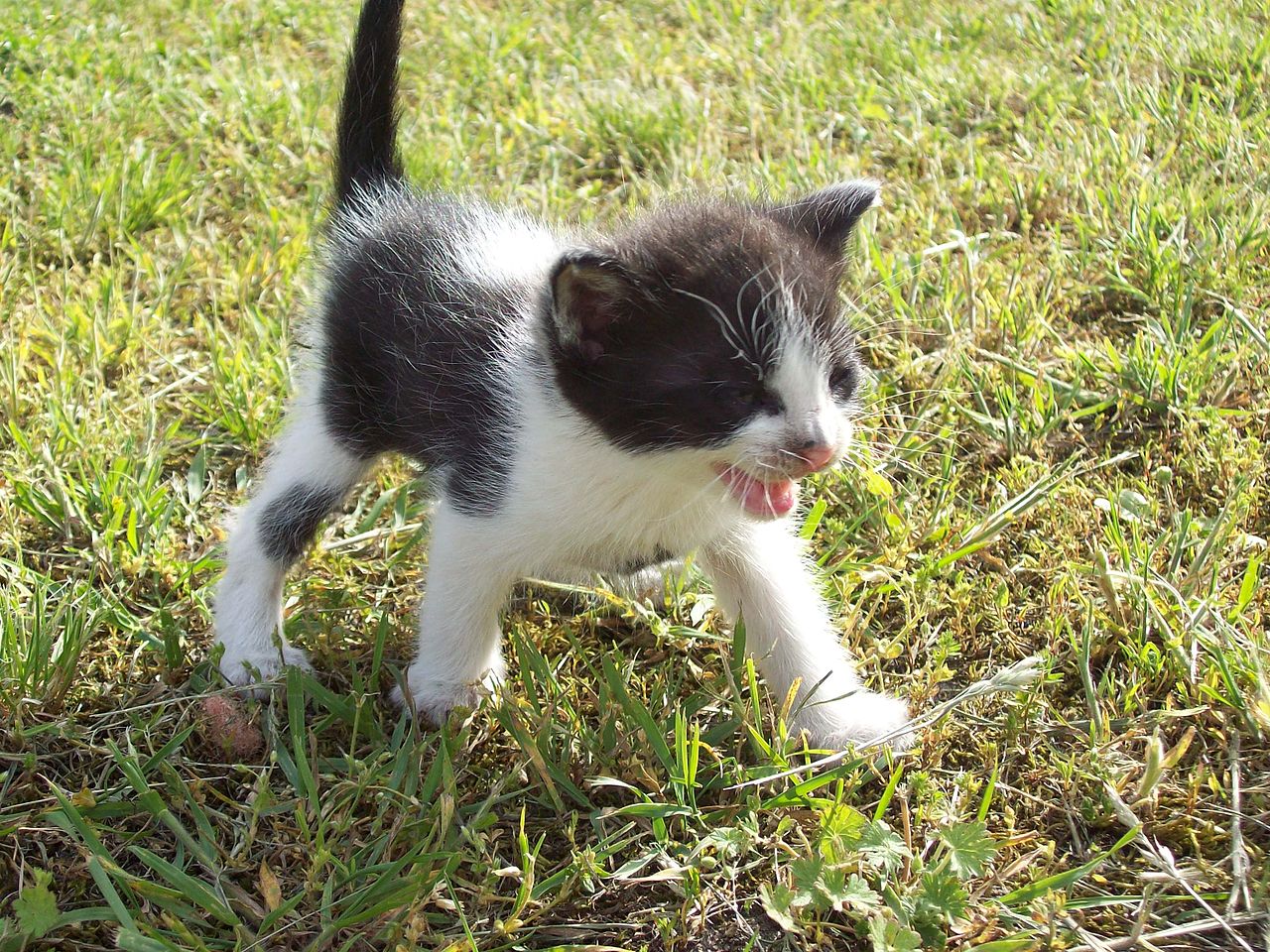
Kitten mewing by Ron Whisky via Wikimedia Commons
1. Perhaps the most obvious meaning of mew is the high-pitched vocalization of a kitty cat (which is interchangeable as noun and verb).

Photo by Tatyana via Wikimedia Commons
2. It also denotes the cajoling call of a seagull as well as …
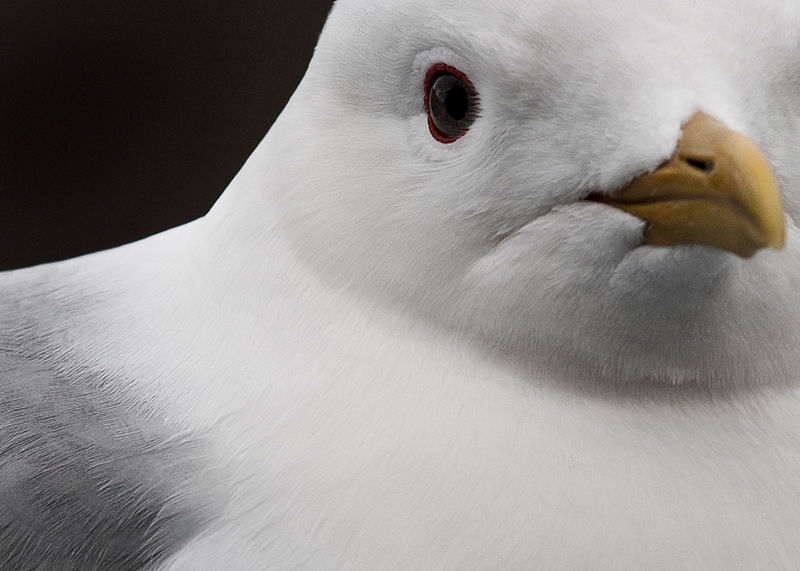
Photo by Tim Rains, Denali National Park and Preserve, via Wikimedia Commons
3. the bird itself (namely, the Mew Gull).
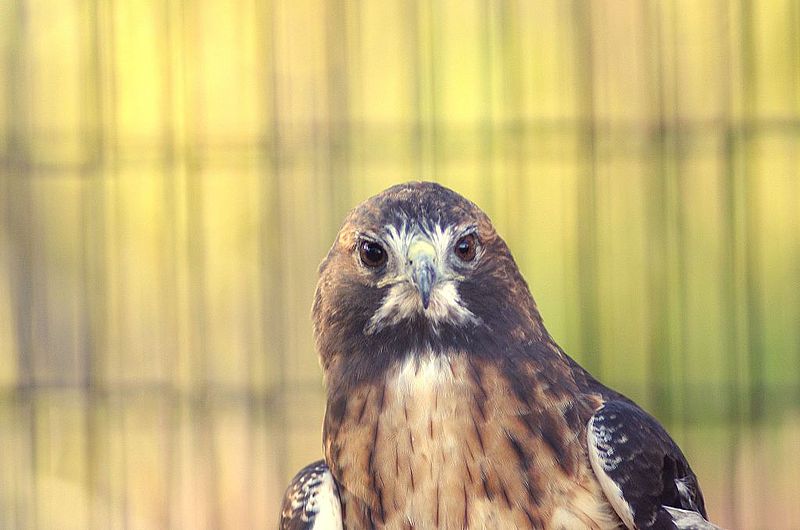
Photo by CheepShot via Wikimedia Commons
4. A “mew” or “mews” is a cage for hawks, commonly used during molting to keep birds relaxed and secure.
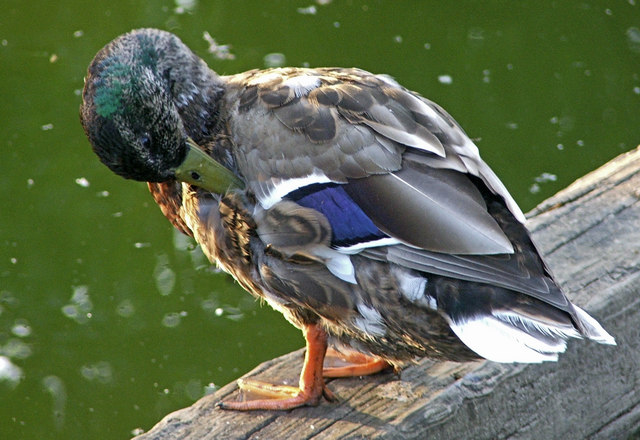
Photo by Christine Matthews via Wikimedia Commons
5. It also means to molt.
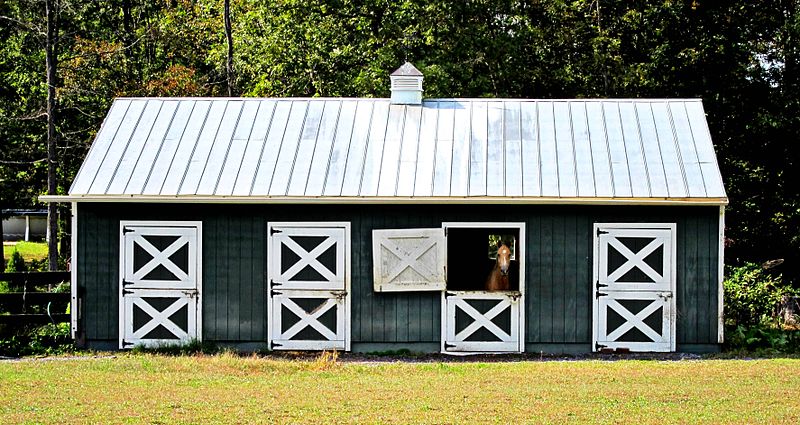
Photo by AgnosticPreachersKid via Wikimedia Commons
6. In the UK, it’s used in plural form (mews) to refer to stables with living quarters or a row of apartments converted from stables.
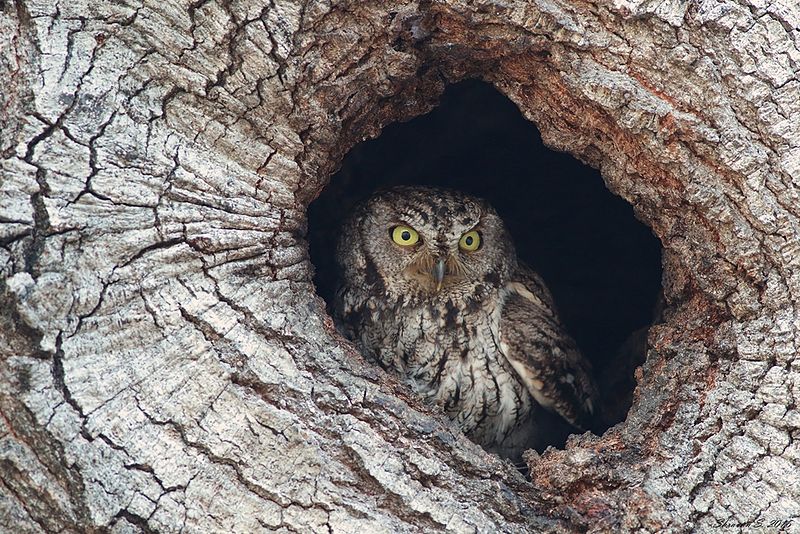
Photo by Shravans14 via Wikimedia Commons
7. Similarly, a mew can name a place where one retires or hides.
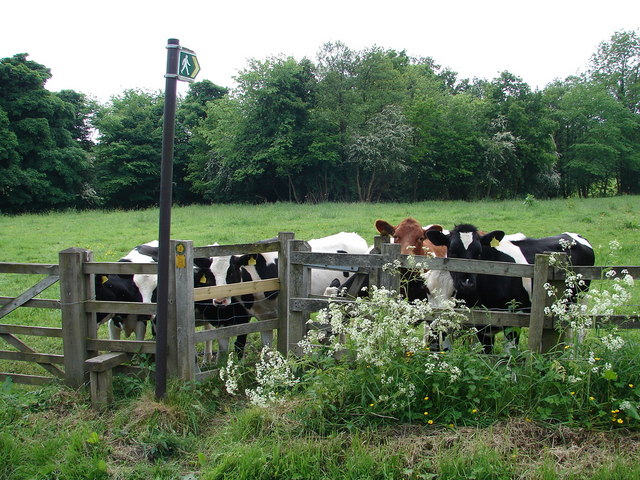
Photo by Ian Paterson via Wikimedia Commons
8. And finally, behaving strictly as a verb, mew can mean to confine.
There’s a lot about mew that you never knew, true?















































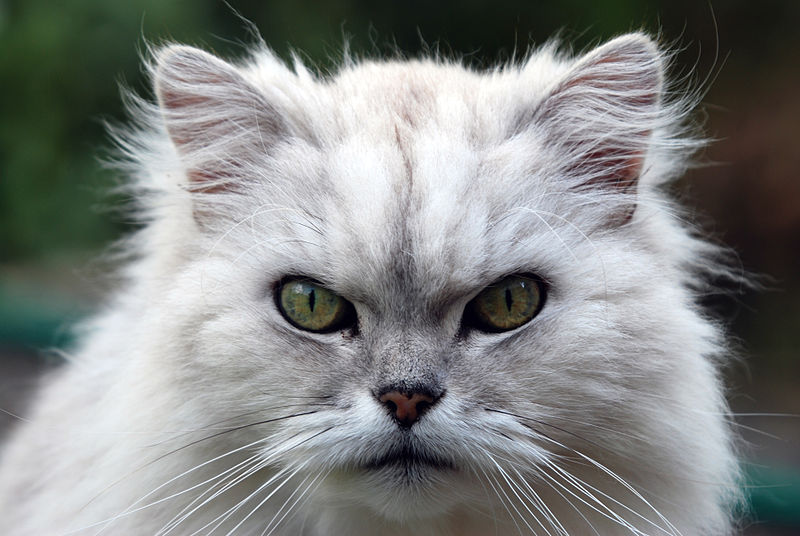

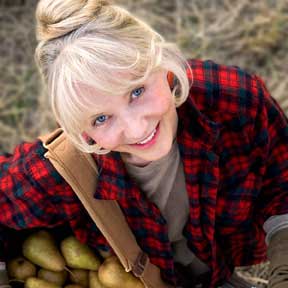
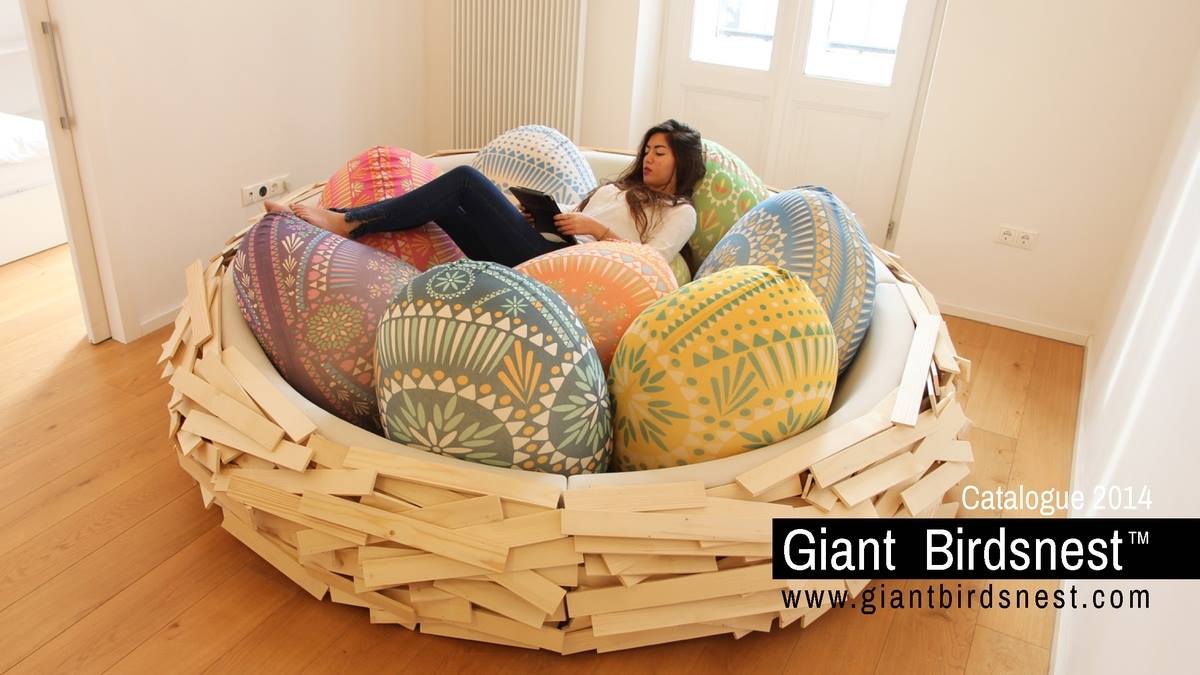
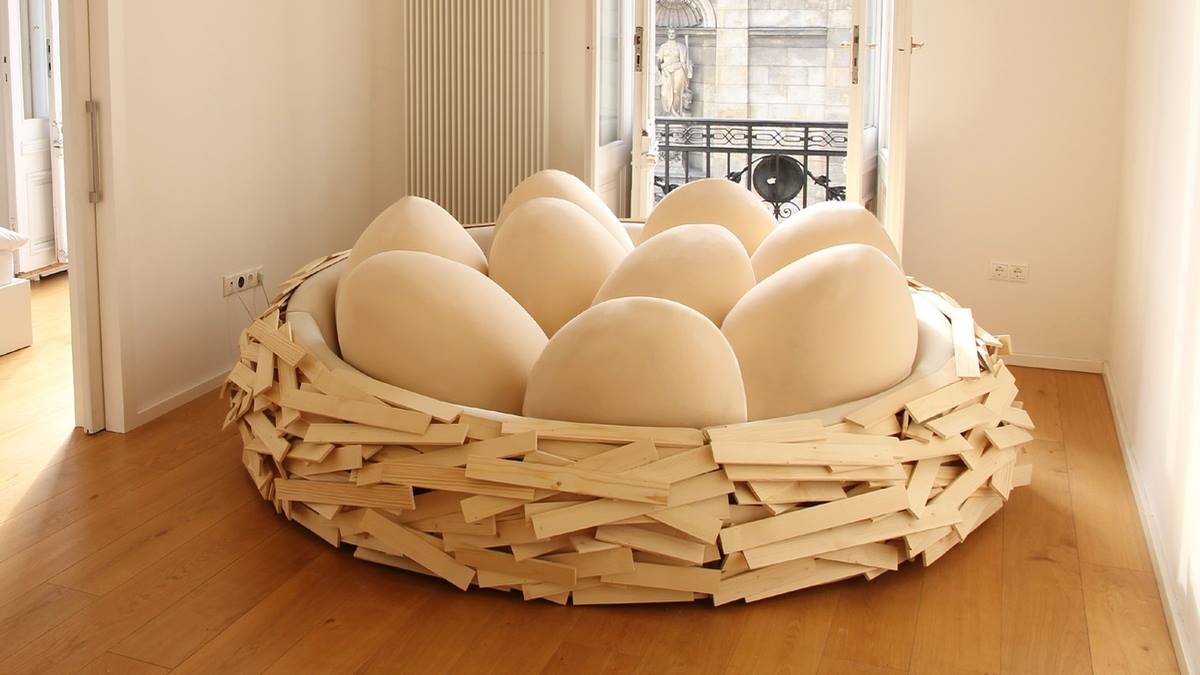

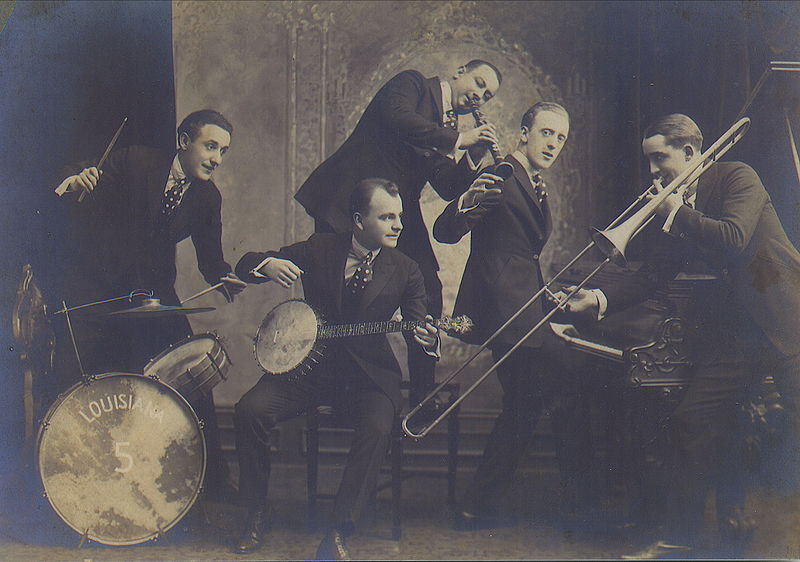
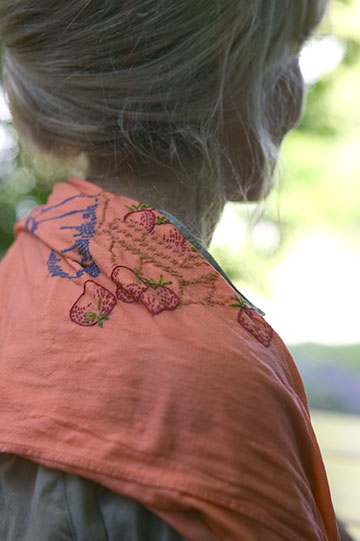













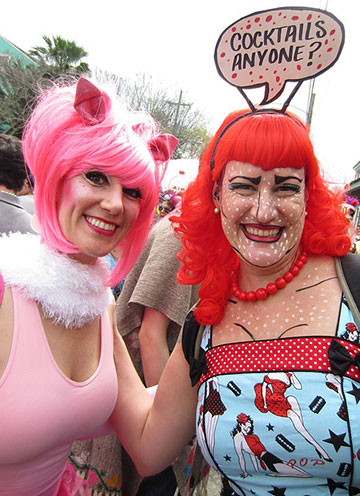

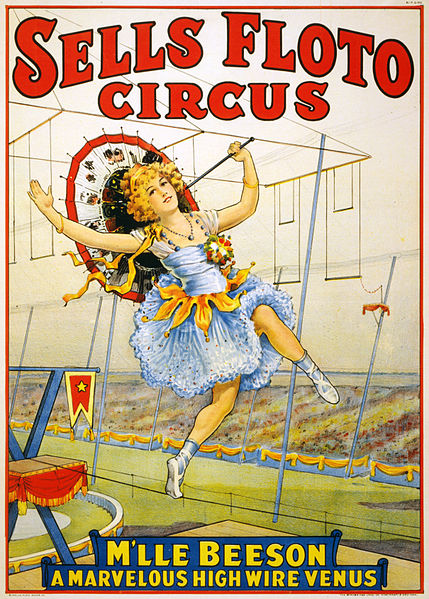
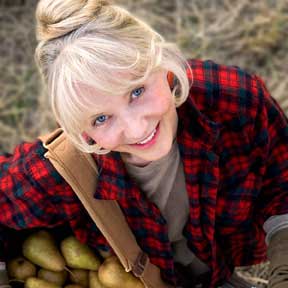
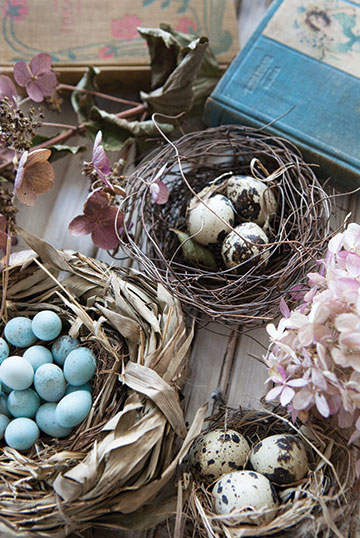

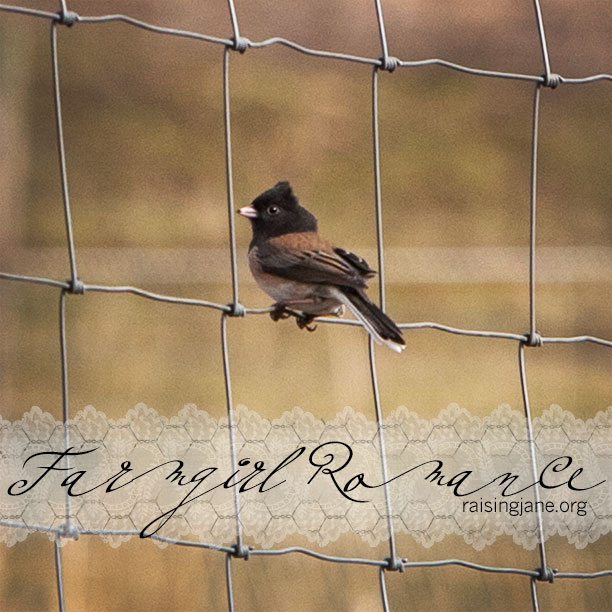

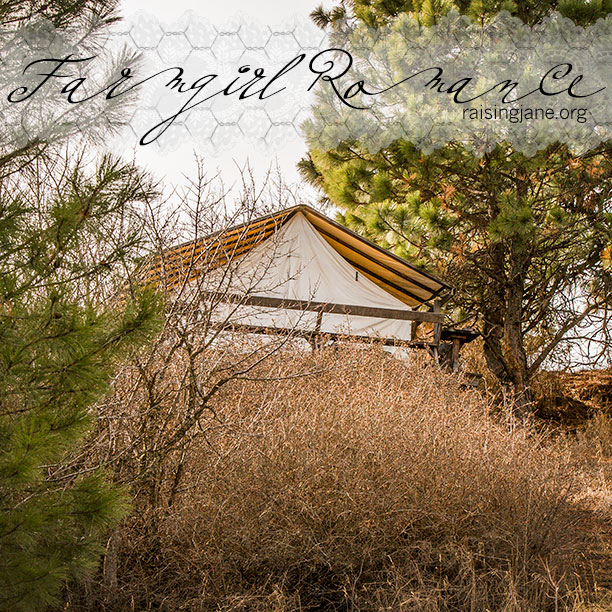








I like those old English words and wonder why they have fallen from use. There is no doubt that the Palouse is one big green lush carpet these days. The view from that wall tent where the stove is must be breathtaking. All the more reason to have coffe there in the morning and take it all in!!
That looks like the earth draped in velvet. Yessiree
This is lovely. I hope to someday see your lovely area!